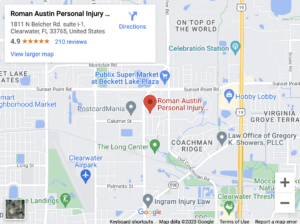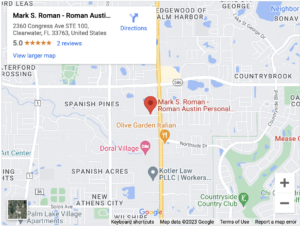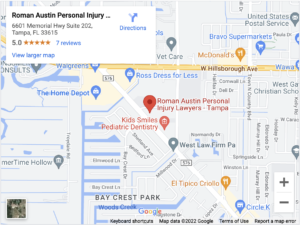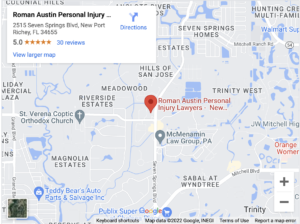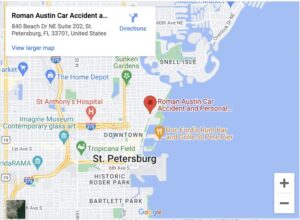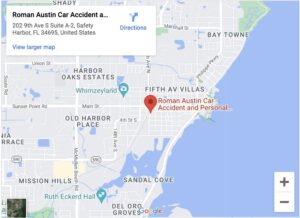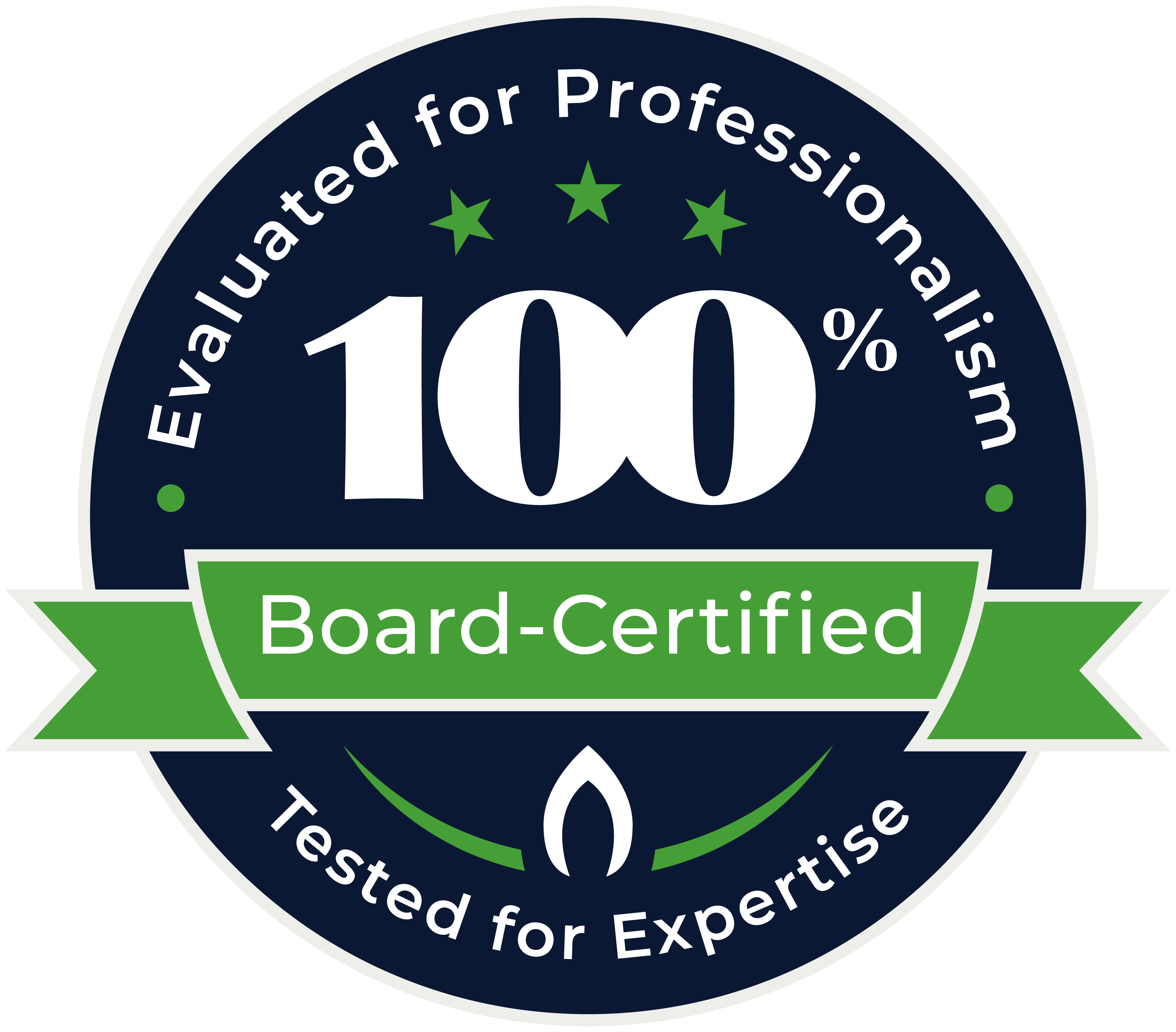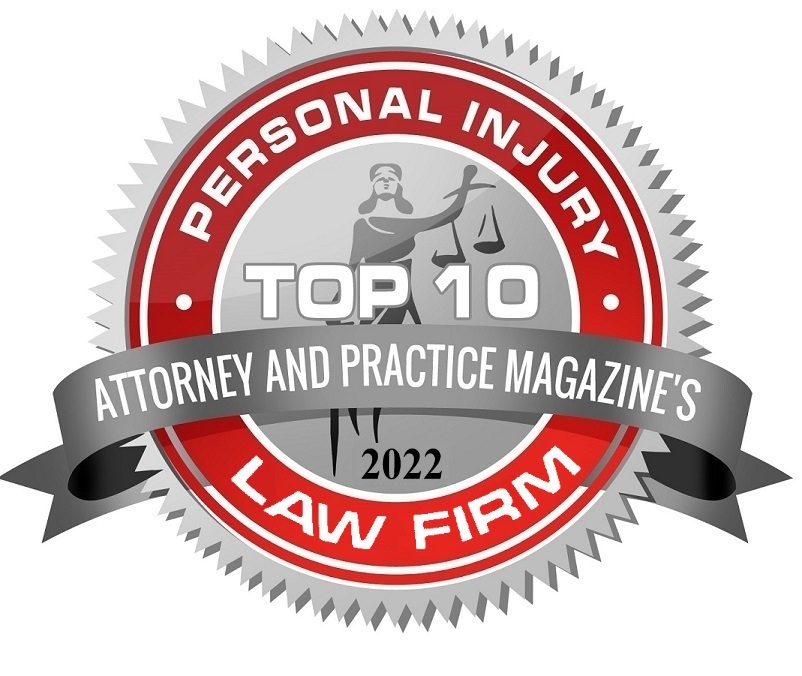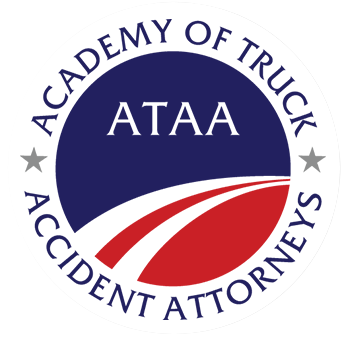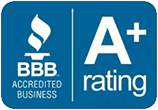
The term “third-party lawsuit” usually describes a lawsuit filed by an employee who suffered a work-related injury. Normally, the employee would file a workers’ compensation claim. However, since workers’ compensation provides only limited benefits, injured workers can obtain greater compensation by filing a lawsuit against a third party who bears liability for the accident.
The Limits of Workers’ Compensation

The workers’ compensation system insures employees against work-related injuries. Ultimately, it is a trade-off. The main advantage is that if you suffer a work-related injury, you don’t have to prove your employer was at fault to win. In most cases, you can win benefits even if the accident was your fault.
The main disadvantage of the workers’ compensation system is that you cannot file a personal injury lawsuit against your employer. Instead, you must resolve your claim administratively. The workers’ compensation system only offers compensation for economic damages—medical expenses and a portion of your lost wages.
Why File a Third-Party Lawsuit?
The compensation limits of the workers’ compensation system motivate many injured victims to seek a third party (other than the employee and the employer) who might bear liability for their injury.
The main disadvantage of filing a third-party lawsuit is that, in many cases, you must prove the third party was at fault to win. The advantage is that you can claim non-economic damages. In Florida, non-economic damages include:
- Physical pain and suffering,
- Mental anguish,
- Emotional distress,
- Loss of consortium (loss of sexual function and companionship),
- Disfigurement, and
- Loss of enjoyment of life.
In some cases, you can claim punitive damages, which are also unavailable under the workers’ compensation system. Even without punitive damages, non-economic damages can add up to far more than economic damages.
Examples of Third-Party Lawsuits
Following are descriptions of scenarios in which you might consider filing a third-party lawsuit for a work-related injury:
Vehicle Accident
You are driving a car or a truck on company business when another driver causes an accident that injures you. Keep in mind, however, that Florida does not require most drivers to purchase auto accident liability insurance. This might limit the third party’s ability to pay your claim.
Defective Factory Equipment
You work in a factory, and you suffer an injury caused by defectively manufactured factory equipment. You can file a product liability lawsuit against the manufacturer, distributor, or seller of the defective equipment. In a product liability lawsuit, you do not have to prove fault to win.
Construction Site Accident
You are a construction worker, and you suffer an accident at a construction site. It turns out that a dangerous condition on the property caused your accident. If the property owner was responsible for the dangerous condition, you might file a personal injury lawsuit against the property owner.
Slip and Fall Accident
If you slip and fall on snow or ice at your job site, you might file a lawsuit against a negligent snow clean-up company that your employer hired. Depending on the circumstances, you might also qualify to file a lawsuit against the property owner.
Dangerous Conditions at the Defendant’s Home
If you are a salesperson and you suffer an injury due to a dangerous condition at a client’s home, you might qualify for personal injury damages.
Defective Maintenance
If you are a truck driver and you suffer injury because your truck malfunctioned, the company that maintains the truck might be liable.
Defectively Designed Building
You might file a lawsuit against an architect who designed an unsafe building if the unsafe condition injured you.
Breach of Warranty Claims
You might qualify to file a breach of warranty claim against someone who manufactures a dangerous product. A breach of warranty claim is an alternative to a product liability claim, although you can file both claims in the same lawsuit.
Reimbursement
If you win a workers’ compensation claim, you can recover economic damages. If you win a personal injury lawsuit, you can recover both economic and non-economic damages. Nevertheless, you are not entitled to a double recovery for economic damages.
Consequently, if you win a workers’ compensation claim first and then win a personal injury lawsuit, the workers’ compensation system will expect you to reimburse them for any amount they have already paid you. This amount might come out of your compensation before you see any money yourself.
Speak to a Clearwater Personal Injury Attorney
If you are wondering whether a third party might be liable for your work-related injury, a Clearwater personal injury lawyer can examine your case and advise you of your options. Select a lawyer with at least some experience handling workers’ compensation claims.
Don’t worry that you can’t afford a lawyer. Since most personal injury lawyers operate on a contingency fee basis, your legal fees and case expenses will come out of your compensation. If your lawyer doesn’t win, you won’t owe them a dime. Contact our firm Roman Austin Personal Injury Lawyers to schedule a free consultation today at (727) 787-2500.

